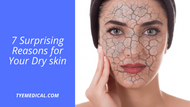7 Surprising Reasons for Your Dry Skin
Written by TYE Medical on Aug 20th 2024
Dry skin lacks moisture. We all know that. But what causes this dearth of moisture? If simply moisturizing daily doesn’t plump your skin with the hydration it needs, there could be more surprising causes underlying the dryness.
The symptoms or effects you feel as dryness suggest a damaged skin barrier. Your dead skin cells and natural oils act as a protective barrier, helping to seal in moisture and keep your skin soft and smooth. When these healthy fats in the top layer of your skin are deficient or dysfunctional, moisture escapes, and you’ll experience dry skin.
But what’s causing the damage and dryness? While moisturizers and lotions can replenish what is lost, it is often beneficial to find out what is causing your dry skin. Here are 7 surprising reasons your skin is dry.
1. Soap Is Sapping Moisture from Your Skin

Most shampoos and soaps are formulated to remove oils and make you “clean”. This means that every time you wash you are removing moisture-friendly fats from your skin, making it drier. Be selective about your skincare products, especially your soaps and shampoos. Opt for a moisturizing body wash and avoid harsh bar soaps that strip moisture from your skin.
Also be wary of harsh laundry detergents and fabric softeners. These can drain moisture from your skin and even irritate it, especially if your skin is already dry.
2. Genetics Could Be Causing Your Dry Skin

You can inherit dry skin, according to researchers. Genes controlling the hydration of your skin barrier can mutate and cause troubling skin conditions. Only 10 percent of the population have these mutations, but those who do have drier skiing and are more likely to develop eczema.
If causes are genetic, it’s critical to apply a daily moisturizer that contains lipids and ceramides to build and reinforce your skiing barrier, sealing in moisture.
3. Hard Water Could Be Causing Your Dry Skin
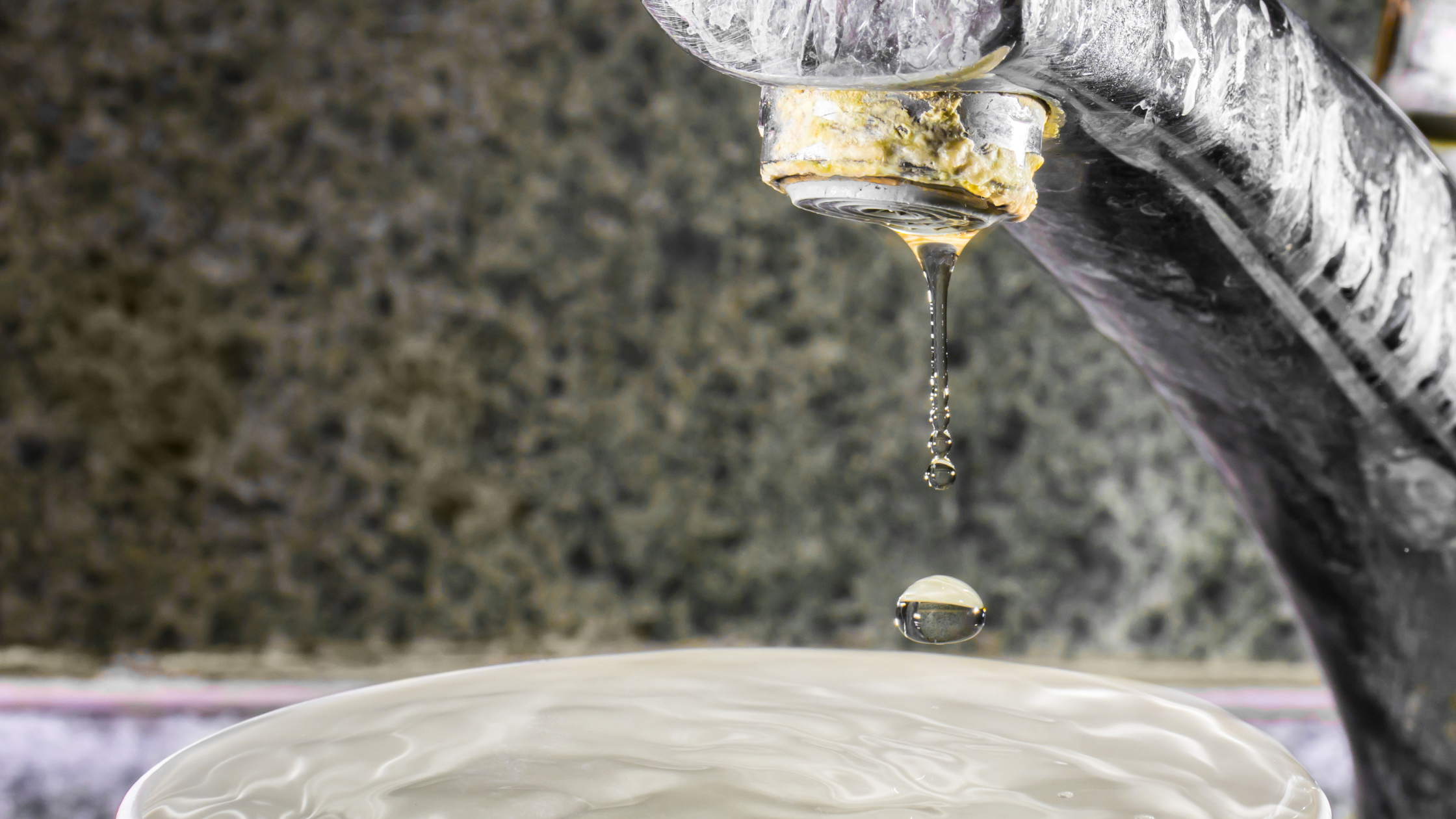
If your tap water contains a high concentration of minerals like calcium and magnesium, it’s called “hard” water. The minerals leave a film on your skin that thickens natural oils and keeps moisture from absorbing into your skin. This can make your rosacea and acne worse. If your dry skin is a serious problem, consider investing in faucet water filters. You can also choose skin-care products that contain vitamins A and C to help counteract the film hard water leaves on your skin.
4. Acne Medications and Retinoids Cause Dry Skin
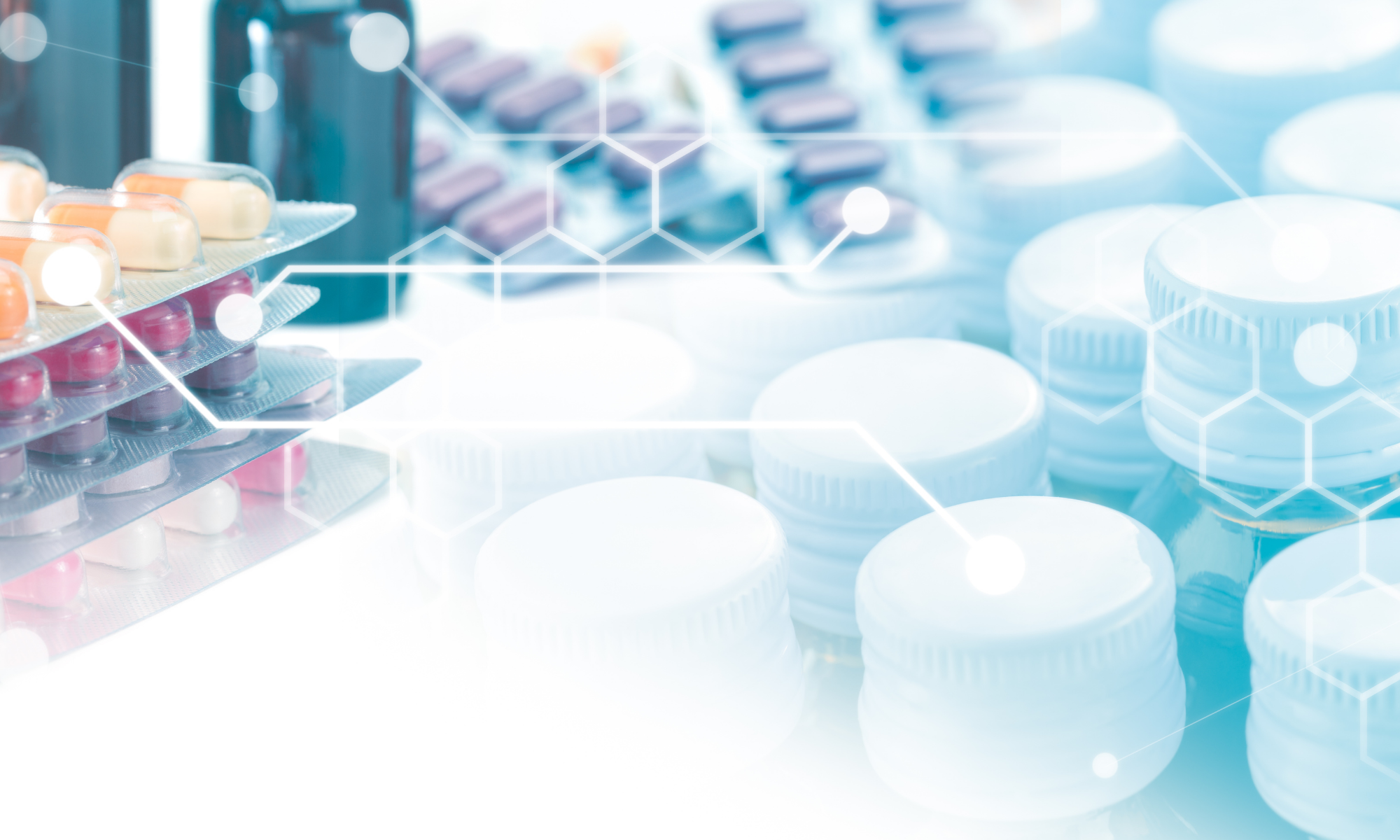
Dryness is a common side effect of Salicylic acid (used to treat acne) and retinols (used for anti-wrinkle benefits). These medications cause skin cells to pull away from the skin’s surface, where the natural oils and seal moisture are found.
But you don’t have to forgo your favorite acne or anti-aging product to combat dry skin. Rather, you can use them in smaller doses to minimize their irritation and drying effects on your skin. Try using them every other day instead of daily and choose a gentle cleanser that is non-drying. If necessary, you can ask your dermatologist for a prescription moisturizer that has less drying effects.
If your skin is flaking, burning, or peeling, stop using the offending product. You can bring the product to your dermatologist to evaluate its effects on your skin.
5. Dry Indoor Air Can Dry Your Skin
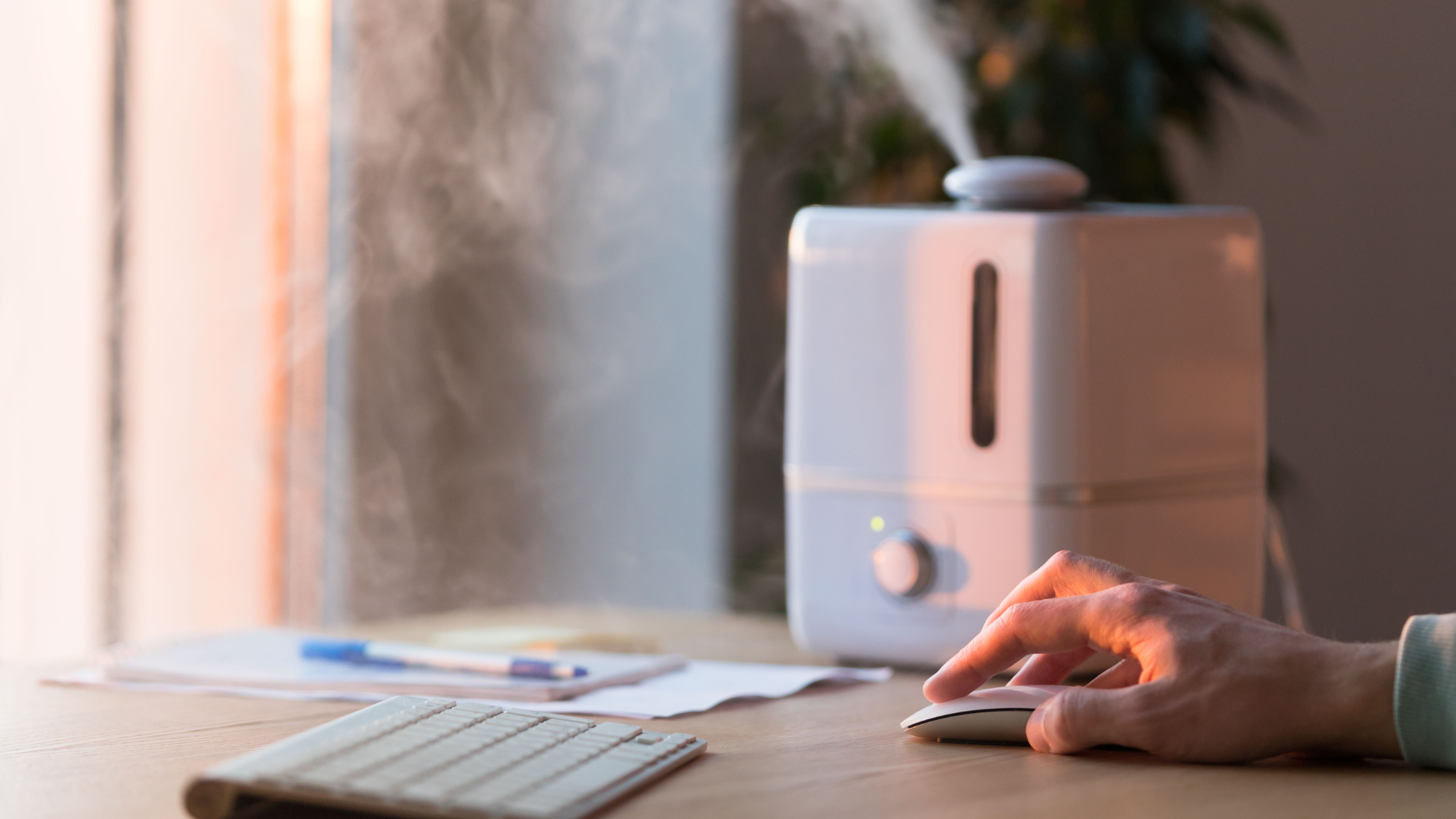
We often think of dry, wintry air as the culprit when it comes to dry skin. But it can just as easily be dry, indoor air that strips your skin of moisture. Both heat and air conditioning remove moisture from the air, but heat, especially, brings humidity levels down. This can make your skin feel dry and itchy. But you can solve this issue by running a humidifier in the winter months. The ideal humidifier setting is between 30 and 50 percent humidity.
6. Long, Hot Showers Dry Your Skin
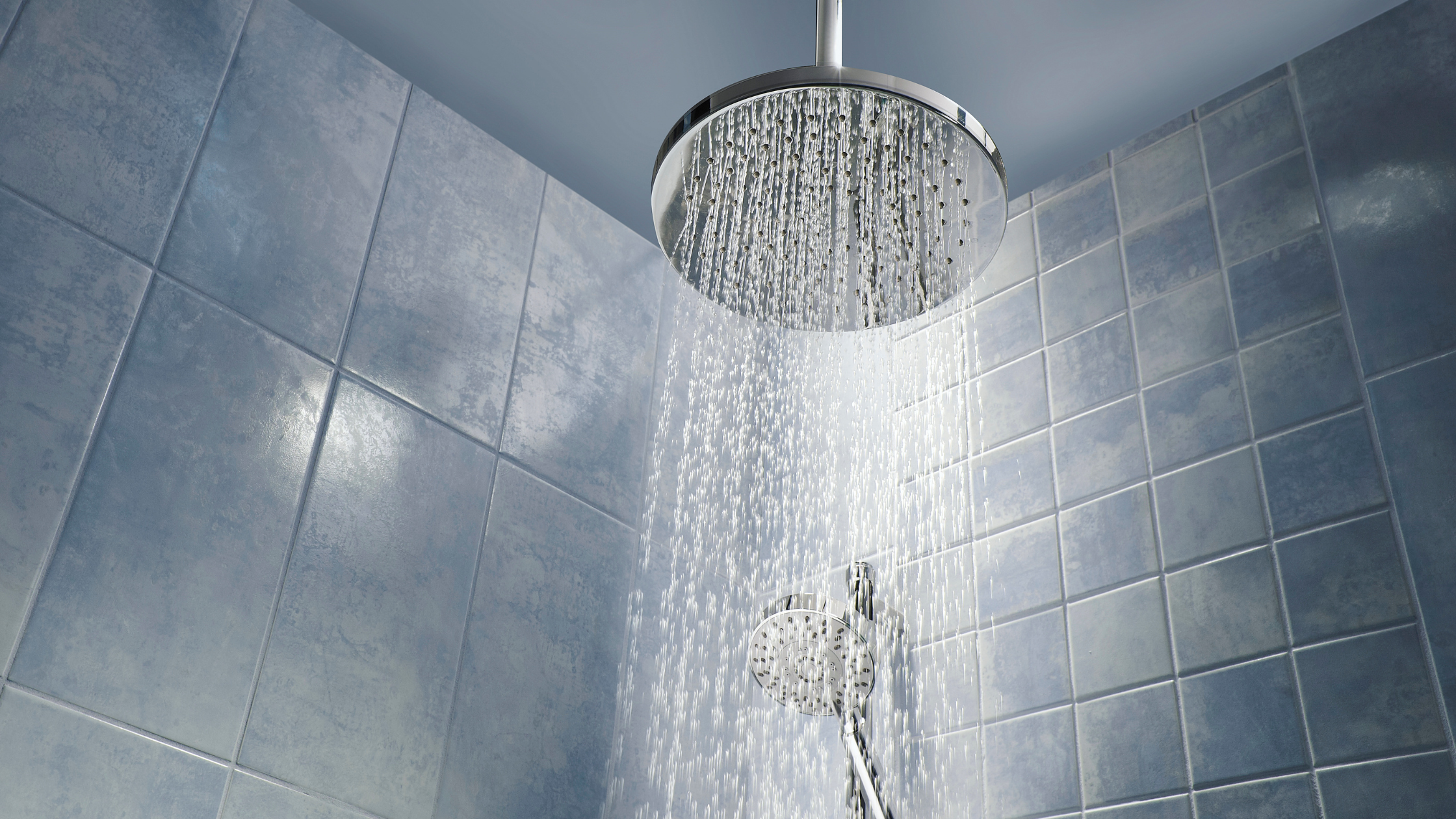
When it’s cold, it’s tempting to enjoy the feeling of a hot shower and linger longer than usual. But it’s likely that you’ll come out of spray with drier skin than before. The heat dries and pulls the moisture from your skin. To avoid this, keep showers no longer than five minutes and adjust the heat to warm rather than hot. Begin an after-shower ritual by applying moisturizer immediately after exiting the shower.
7. Aging Dries Your Skin
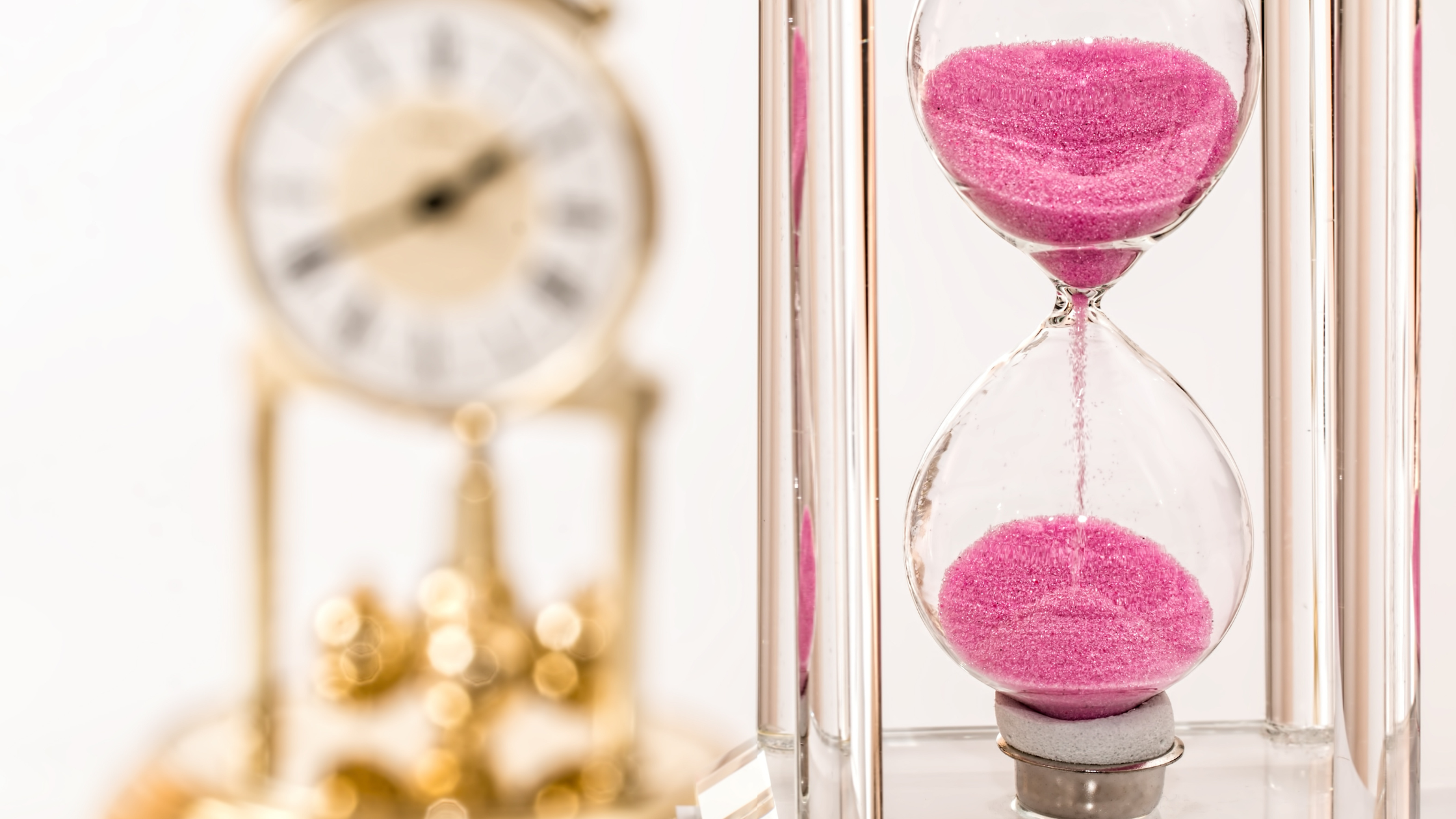
You’re more likely to notice drier skin as you age, especially after age 40. Your skin produces less oil with age, making it drier. Dryness is also linked to hormonal changes related to menopause. Moisturizing daily can counteract this natural process. Be sure the product you choose contains ceramides, hyaluronic acid, glycerin, or petrolatum. These key ingredients replenish moisture and quickly restore your skin barrier.
Winning the Battle with Dry Skin
You don’t don’t have to suffer with dry, irritated skin. Instead, learn the underlying cause and be wise in your approach. Avoid skin irritants like harsh soaps and detergents. Use water filters and avoid medicated skincare products that promote dryness, like salicylic acid and retinoids. Turn your hot showers into warm ones and use a humidifier in the winter. In all cases, it’s crucial that you use a daily moisturizer with ceramides, hyaluronic acid, glycerin, and petrolatum.
If you're finding dry skin difficult to control, seek the help of a dermatologist.

